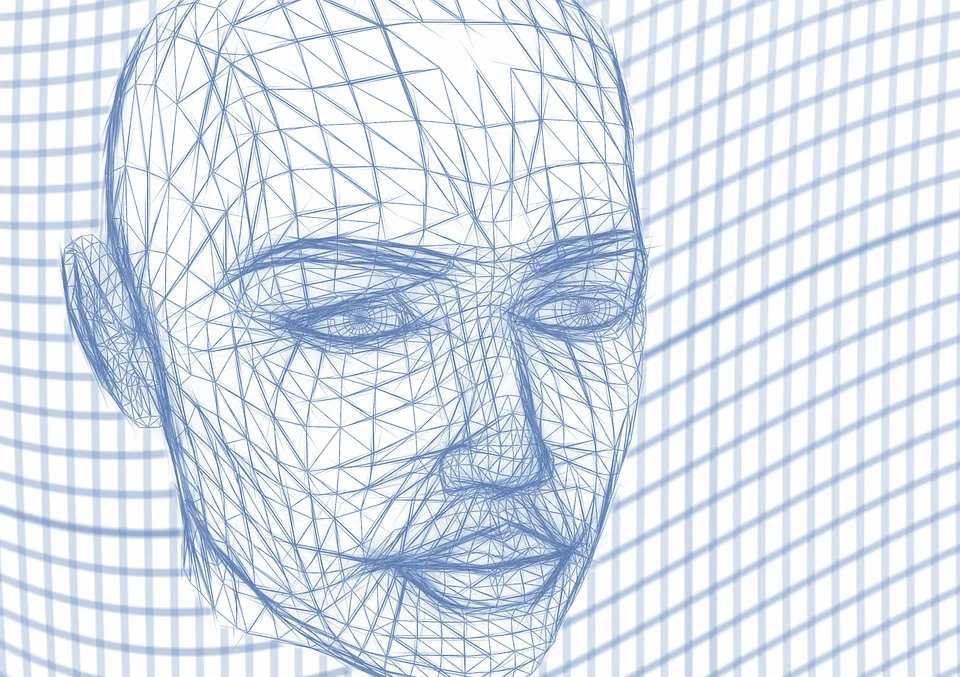Virtual reality (VR) technology has rapidly become a game-changer in the healthcare industry, offering innovative solutions for patient care, medical training, and therapy. VR allows healthcare professionals to immerse themselves in realistic simulations, ultimately improving diagnosis, treatment, and outcomes for patients.
Enhancing Medical Education and Training
One of the key benefits of VR in healthcare is its ability to enhance medical education and training. Healthcare professionals can now practice surgical procedures, explore anatomy in 3D, and simulate complex medical situations in a safe and controlled environment. This hands-on approach not only improves skills but also boosts confidence and decision-making abilities.
Improving Patient Care and Treatment
Virtual reality is also revolutionizing patient care and treatment. From alleviating pain and anxiety during medical procedures to providing virtual therapy sessions for mental health conditions, VR offers a non-invasive and effective way to enhance the patient experience. Healthcare providers can tailor treatment plans to individual needs, monitor progress, and adjust interventions in real-time, leading to improved outcomes and patient satisfaction.
VR Applications in Rehabilitation and Therapy
In rehabilitation and therapy, virtual reality offers a unique opportunity to engage patients in interactive exercises and activities. Whether recovering from a physical injury or managing a neurological condition, VR can provide a motivating and immersive environment for patients to regain mobility, coordination, and cognitive function. Therapists can customize programs, track progress, and set goals, ultimately speeding up recovery and improving quality of life.
Challenges and Opportunities in VR Implementation
While the potential of virtual reality in healthcare is vast, there are challenges to overcome in the implementation process. Healthcare organizations must invest in VR technology, train staff, and ensure data security and patient privacy. Additionally, there is a need for clinical validation and evidence-based research to support the efficacy of VR interventions.
Despite these challenges, the opportunities for virtual reality in healthcare are endless. As technology continues to advance and VR becomes more accessible, we can expect to see even greater integration into medical practices, patient care, and research. From telemedicine to virtual consultations, the future of healthcare is undoubtedly intertwined with the possibilities of virtual reality.
Conclusion
Virtual reality is no longer just a futuristic concept – it is a reality that is transforming the healthcare industry. From medical training and patient care to rehabilitation and therapy, VR offers endless possibilities for improving health outcomes and enhancing the patient experience. As healthcare professionals embrace this technology and continue to innovate, we can expect to see a new era of personalized and immersive care that puts patients at the center of their own health journey.
